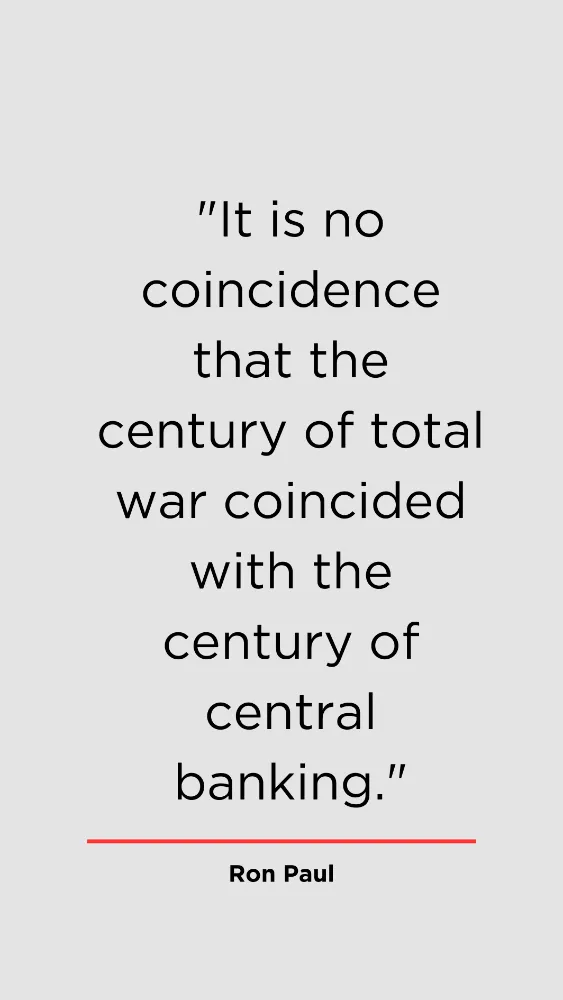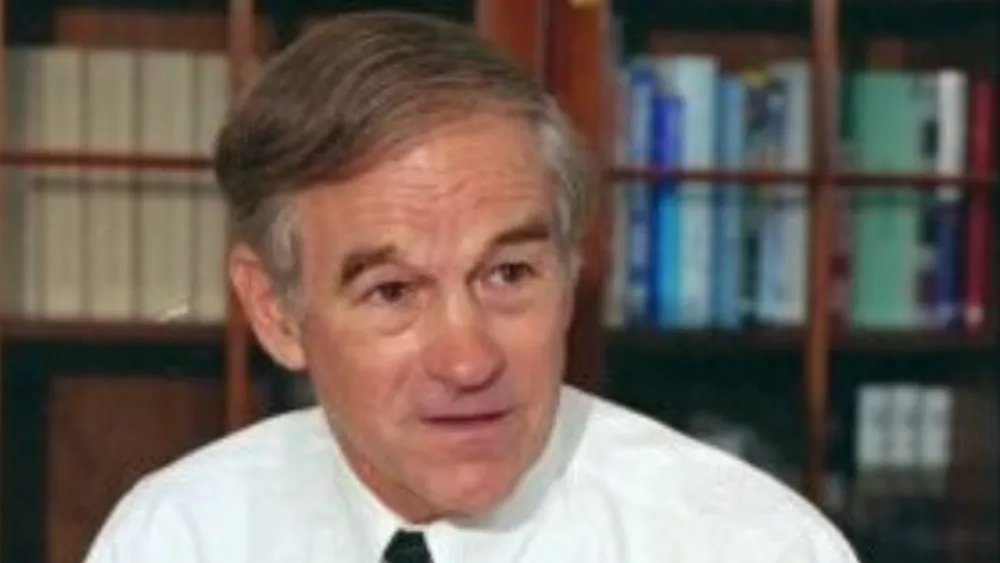The steadfast commitment of Ron Paul to his core principles has earned him a unique and revered status among his supporters and political adversaries.
His legacy transcends mere party politics. This served as a beacon for those who value individual liberty, personal responsibility, and a constitutionally limited government.
Over the decades, Ron Paul’s influence has rippled through American politics. Therefore, it inspired countless individuals to engage in civic discourse and activism.
The Impact of Ron Paul on Foreign Policy
Passionate volunteers and supporters drove Ron Paul’s grassroots movement. It showcased the power of principled politics and the enduring appeal of libertarian ideals.
Paul’s impact on domestic policy is widely recognized. Yet, his critical stance on foreign policy has also left an enduring impression.
His advocacy for non-interventionism and a cautious approach to military engagements challenged conventional wisdom. As a result, it sparked vital discussions about the United States’ role on the world stage.
The Military Service of Ron Paul and Its Influence
Dr. Paul’s time in the Air Force provided a unique vantage point. It is from which he could observe the global reach of American military power. Moreover, it instilled in him a sense of caution and skepticism about engaging in conflicts.
Moreover, these early experiences in the military sowed the seeds for Ron Paul’s future foreign policy positions. His non-interventionist stance would become a defining feature of his political career. Therefore, it challenged the prevailing belief in the necessity of American military involvement in various world regions.
Thereafter, it resonated with many Americans who shared his concerns about the human and financial costs. These concerns are associated with prolonged military engagements overseas.
A Beacon of Principled Leadership
Ron Paul’s journey from a small-town doctor to a revered figure in American politics is a testament to his devotion to his principles. His political career officially began when he won the U.S. Congressional seat in 1976, becoming the Republican representative for Texas’ 22nd congressional district. Over the next several decades, he would serve in Congress for 12 terms, with non-consecutive years of service spanning from 1976 to 2013.
Throughout his remarkable tenure in the House of Representatives, Ron Paul consistently set himself apart as a principled advocate. He ardently supported limited government, individual liberty, and sound money policies with conviction.
His speeches on the House floor, affectionately known as “Ron Paul’s Texas Straight Talk,” became a defining feature of his political career. In impassioned addresses, he bravely upheld constitutional values and critiqued government overreach, earning respect and admiration from colleagues and constituents.
Perhaps one of Ron Paul’s most enduring contributions to American politics was his unyielding call for a return to the gold standard and his relentless critique of the Federal Reserve. His book, “End the Fed,” was a rallying cry for those who shared his concerns about the central banking system’s lack of transparency and accountability.
Ron Paul and His Three Presidential Campaigns
Ron Paul’s foray into presidential politics marked a pivotal chapter in his career and significantly expanded his influence on the national stage. He ran for the presidency not once but three times. So, it showcased his commitment to promoting personal freedom and a non-interventionist foreign policy.
In 1988, Ron Paul made his initial presidential bid as the Libertarian Party’s candidate. His campaign did not result in an electoral victory. However, it laid the groundwork for his future presidential runs. Furthermore, it solidified his status as a prominent voice within the libertarian movement.
It was in the 2008 and 2012 Republican presidential primaries that Ron Paul’s message truly resonated with a broad and passionate base of supporters. These campaigns garnered significant attention and energized a devoted grassroots following. This is particularly true among young voters drawn to his call to return to constitutional principles.
During these presidential campaigns, Ron Paul consistently challenged the Republican Party establishment. He also questioned the broader political discourse. He fearlessly confronted issues related to civil liberties. It includes the expansion of the surveillance state and the wisdom of military interventions in foreign countries.
The Influential Legacy of Ron Paul
Beyond his election campaigns, Ron Paul has significantly influenced American politics. His support of minimal government and individual liberty found favor with an expanding portion of the populace. Therefore, it helped fuel the growth of the Tea Party movement and libertarianism within the Republican Party.
Furthermore, Paul’s tireless commitment to his principles made him a revered figure among his supporters. His influence can be seen in the continued popularity of his son, Senator Rand Paul. He has carried on his father’s legacy in the U.S. Senate.
Ron Paul’s legacy also includes a vast body of writings, speeches, and interviews. These continue to inspire and educate those interested in libertarian philosophy and Austrian economics. Moreover, His ideas have become a rallying point for those who seek a return to constitutional principles and a more limited government.
Integrity and Consistency in Public Service
Ron Paul’s ability to inspire others with his vision of a more limited government and greater personal freedom exemplifies the power of principled leadership in American politics. His steadfastness in the face of political pressures and his refusal to compromise on his core values set a high standard for integrity and consistency in public service.
While Ron Paul did not ascend to the highest office in the land, his impact on American politics is nothing short of profound. His legacy is a guiding light for those who champion individual liberty and a return to constitutional principles.

A Beacon of Uncompromising Principled Leadership
His influence extends to politics and the broader cultural and ideological landscape. It is where his ideas continue to shape the discourse and resonate with a new generation of conservatives and libertarians. One of Ron Paul’s enduring contributions lies in his ability to galvanize grassroots movements and mobilize passionate supporters who share his beliefs.
His campaigns and advocacy efforts united individuals from diverse backgrounds, uniting them under limited government, personal freedom, and sound money policies. This sense of unity and purpose has left a lasting imprint on the American political landscape.




